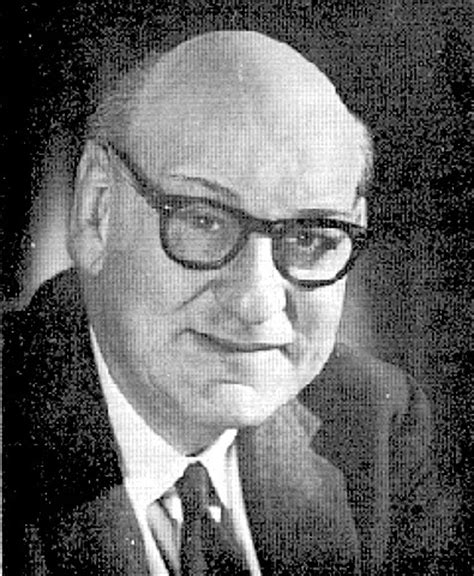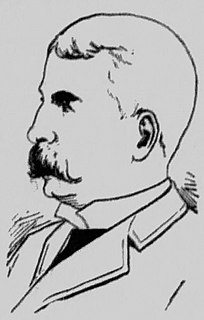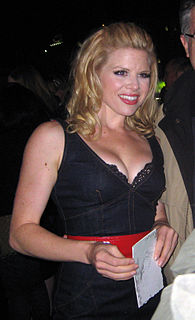A Quote by Tara Stiles
Tension can be useful, exciting, flirtatious, strength-building, or destructive. Put yourself in charge of how you direct it.
Related Quotes
I have sometimes wondered also whether in people like me who come to the boil fast (soupe au lait, the French call this trait, like a milk soup that boils over) the tantrum is not a built-in safety valve against madness or illness. ... The fierce tension in me, when it is properly channeled, creates the good tension for work. But when it becomes unbalanced I am destructive. How to isolate that good tension is my problem these days. Or, put in another way, how to turn the heat down fast enough so the soup won't boil over!
When an old man and a young man work together, it can make an ugly sight or a pretty one, depending on who's in charge. If the young man's in charge or won't let the old man take over, the young man's brute strength becomes destructive and inefficient, and the old man's intelligence, out of frustration, grows cruel and inefficient. Sometimes the old man forgets that he is old and tries to compete with the young man's strength, and then it's a sad sight. Or the young man forgets that he is young and argues with the old man about how to do the work, and that's a sad sight, too.
Non-violent direct action seeks to create such a crisis and establish such creative tension that a community that has constantly refused to negotiate is forced to confront the issue. It seeks so to dramatize the issue that it can no longer be ignored... I am not afraid of the word tension. I have earnestly worked and preached against violent tension, and there is a type of constructive tension that is necessary for growth.
Direct your attention inward. Have a look inside yourself. What kind of thoughts is your mind producing? What do you feel? Direct your attention into the body. Is there any tension? Once you detect that there is a low level of unease, the background static, see in what way you are avoiding, resisting, or denying life-by denying the Now.
Your identity, self-esteem, and awareness of your ego lay the groundwork for your life. How you conduct yourself with others, and whether you have the strength to make your way without needing to ask for another's permission, depends on how well you succeed at the many challenges that awaken your need to take charge of who you are.
I feel that other people's suggestions are very dangerous. Yet, I can't say that they are always destructive or not useful. Perhaps, rather than having other people tell you how you should improve your work, they should just tell you how they understand your work, what they got out of it, so that you can figure out yourself if what you did was right or wrong.








































